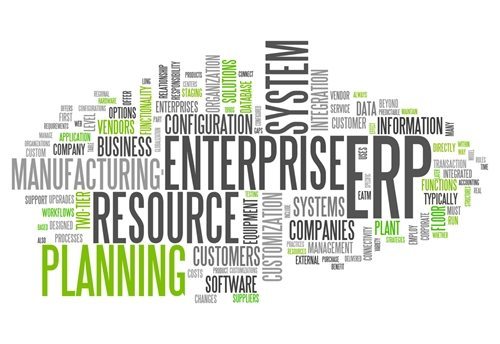Companies have faced a challenging and often uphill battle when it comes to technological deployments in the past few years, as the relentless proliferation of new tools, services, solutions and techniques is enough to make any corporate purchaser's head spin. No longer, though, can decision-makers simply balk at novel technology for surface-level reasons – to remain competitive, they must ride the wave of modernization and ensure swift, secure and efficient deployment of tools that will help their operations improve over time.
A few other trends have been the real drivers of this movement, namely the consumerization of IT, which is used to describe technologies entering the workplace in the pockets of employees. Additionally, staff members are the ones who will be using the technologies in which their employers invest, so many organizations have not fought, but rather rode the trend to ensure they have strong engagement rates and prolific productivity.
All of this boils down to the proficiency with which decision-makers can strategize when it comes to provisioning, deployments and management. Luckily, the enterprise resource planning market has diversified and matured substantially in the past few years, providing organizations with the tools and support solutions to make the right decisions and track purchases more efficiently than ever before. As more companies focus on ERP integration and workflow automation, the sky is the limit for new innovations.
A look ahead
InformationWeek recently explained the hybrid ERP trend that has been sweeping across private sectors around the globe, asserting that many decision-makers have been looking for the smoothest ways to transfer from traditional resource planning to the modern age of these processes. The cloud has had a profound impact on virtually every organization and region of the world, and now is becoming a viable option for automation and ERP integration needs.
However, as a lack of continuity within the ERP system can send shudders down the spine of even the most staunch corporate financial manager, many companies have appeared to take the hybrid approach, at least at first. According to the source, there are several benefits that come along with a hybrid ERP model, but a lack of proficient oversight and tight communication between hosted service providers and internal managers can lead to a major headache over time.
This is a pretty consistent and fundamental aspect of hosted services in general, as businesses must ensure contracts are clear and comprehensive while getting the IT department and other managers to communicate with the vendors. According to the news provider, the cloud is taking hold in the ERP integration arena, and one study from research firm Gartner projects this industry to become far more customization-centric and diversified in the coming years.
Finally, InformationWeek noted that the ERP systems in place today will need to transform along with the times, as stagnant systems can become irrelevant or noncompetitive in a short period of time given how quickly the IT community has moved with respect to innovation.
Boundless opportunities?
ERP has always been, and will always be, a critical aspect of business management and, thanks to the massive volume and variety of new technologies on the market today, organizations should not have trouble finding an integration tool that can ease the strain of this sometimes-weighty task. Especially when automated solutions are in place to support certain aspects of ERP integration, modernization of the systems is not necessarily difficult, nor does it need to take an extraneous amount of time to complete.
Rather, organizations can leverage proven and reliable ERP integration solutions to improve their systems while never missing a beat in the day-to-day.






